Disasters disrupt the lives and livelihoods of people as they are forcibly displaced, their built environment destroyed, and their social networks upended. We study the impact of disasters on morbidity, mortality, health service delivery, employment and education, through field-investigations and large population-based surveys. We combine primary data with novel data streams including human mobility data inferred from cell phones, and remotely-sensed data generated by satellites.
Our hallmark study, the impact of Hurricane Maria on Mortality in Puerto Rico, resulted in a drastic revision of the official mortality estimates and in underscoring excess mortality estimation as an important tool in assessing direct and indirect deaths from disasters.
Studies
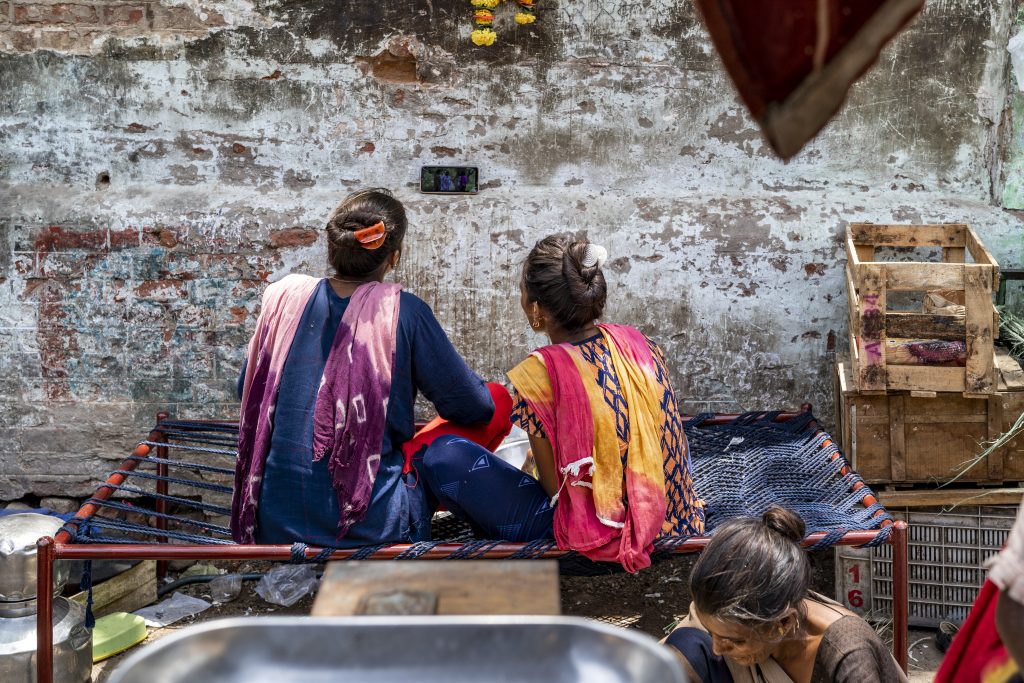
Hum Sab Ek
We conducted a survey of over 1000 households and over 30 hours of in-depth qualitative interviews to document the impact of India’s pandemic response, especially the national lockdown, on members of the Self Employed Women’s Association, comprising street vendors, farmers, artisans, saltpan workers, factory workers, amongst others, and the response of their cooperatives and trade unions.
Findings from this study inspired a multi-media exhibition that our team undertook, that is on a global tour (2024-25). For more information, visit the Science Communication page.
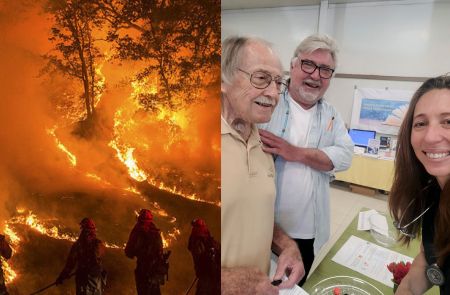
Wildfires in California
In addition to recent work related to wildfires in California, we assessed the impacts of the California Oak Fire in 2022 on medically vulnerable individuals and shared the results with the community, local stakeholders, and emergency preparedness officials. Learning from the study are being integrated into future wildfire emergency response plans.
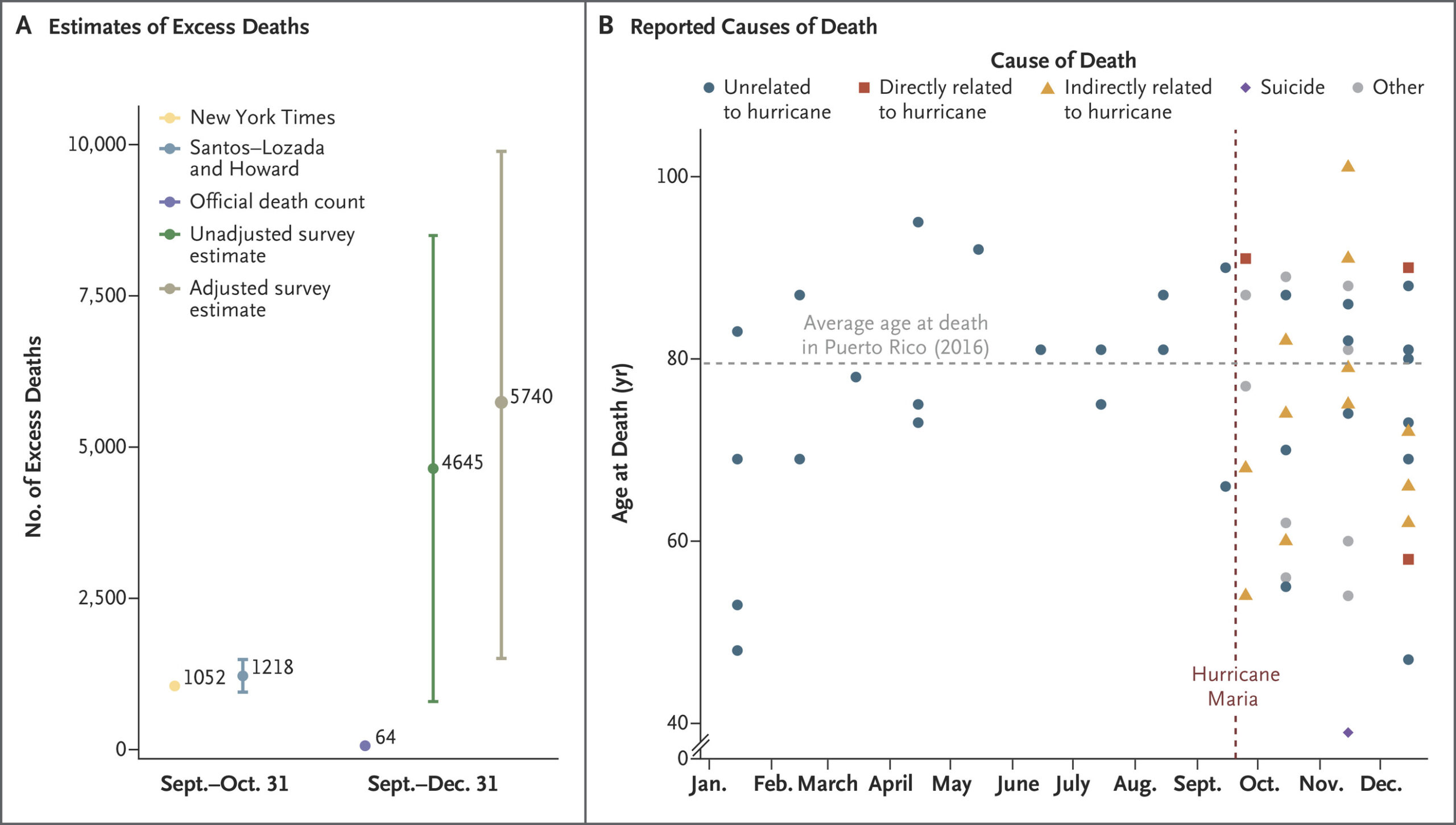
Hurricane Maria
The 3000+ household-based survey established that nearly four thousand people had died in the weeks in Puerto Rico, following Hurricane Maria, and not 64 as reported by the US government.
The study resulted in widespread protests across the island. The government of Puerto Rico subsequently revised their estimate to 2,975. The article was the most widely mentioned scientific article across all journals and all disciplines in 2018.

Gujarat Excess Mortality Estimates
This study, using data directly from the first point of official death registration data recording, provided incontrovertible evidence of the high excess mortality attributed to COVID-19 in Gujarat, India from March 2020 to April 2021.
During this period, the official government data reported 10,098 deaths attributable to COVID-19 for the entire state of Gujarat. The research team estimated 21,300 excess deaths across these 90 municipalities in this period, representing a 44% increase over the expected baseline.
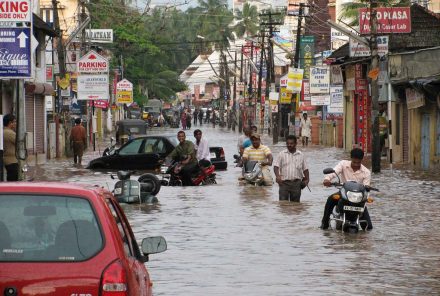
Floods in Kerala, India
The 4000+ household-based survey established the key drivers and characteristics of evacuation following monsoon related floods and landslides in Kerala in 2018.
The study demonstrated the importance of government-initiated, household-level contact in influencing evacuation decisions. We were also able to quantify the impact of wage disruptions and evacuations on savings and debt.
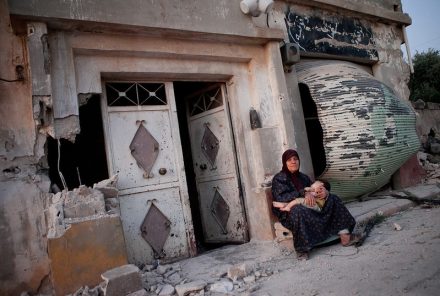
Syrian Civil War
We analyze over one million patient visits to the underground hospitals supported by the Syrian American Medical Society, to establish the epidemiology of presenting complaints and availability of health services through the progression of the war.
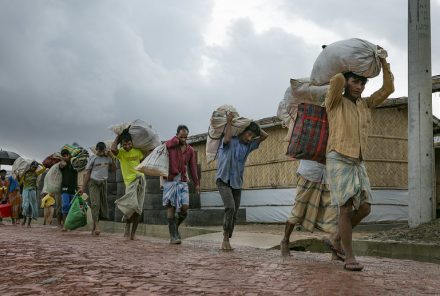
Rohingya Refugee Crisis
We surveyed 1000 households to establish the impact of “formal” refugee status on education, jobs, identity and a sense of belonging among the Rohingya refugees in Bangladesh.
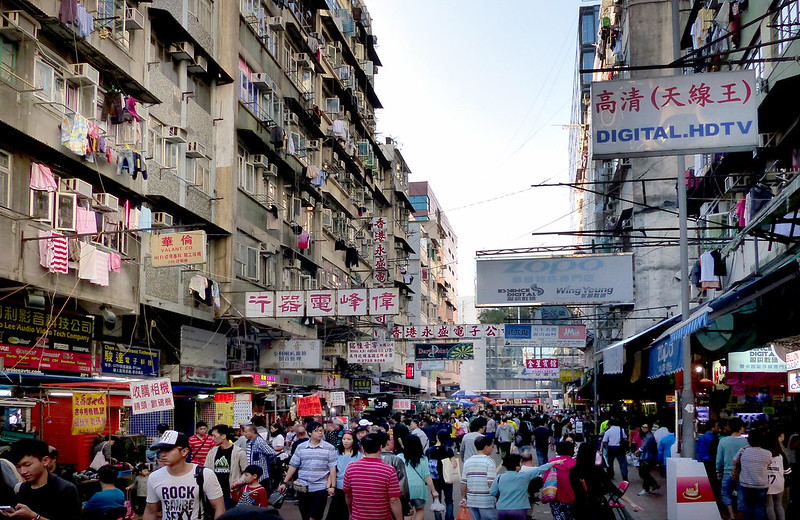
Hong Kong Scoping Study
We interviewed over 1000 residents of Hong Kong, over 200 first responders and 25 key policymakers to understand the current disaster preparedness situation in Hong Kong and give recommendations to the disaster response community.
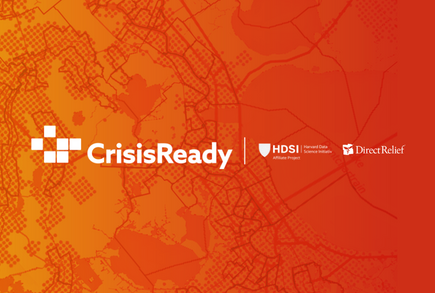
SEWA
We are using a mixed-methods to study how women’s cooperatives and trade unions helped mediate the impact of the Indian state’s response to the COVID-19 pandemic on the lives of women working in the unorganized labor market in India.
Publications
All-cause excess mortality across 90 municipalities in Gujarat, India, during the COVID-19 pandemic (March 2020-April 2021)
August 16, 2022 | PLOS Global Public Health
Rolando J. Acosta, Biraj Patnaik, Caroline O. Buckee, Mathew V. Kiang,Rafael A. Irizarry, Satchit Balsari, Ayesha Mahmud
Official COVID-19 death counts in Gujarat significantly underestimate the true toll. This study, using civil death records from 90 municipalities, reveals a substantial rise in all-cause mortality during the pandemic.
The findings highlight the widespread impact of COVID-19 and the need for more accurate mortality tracking.
Wildfires-related power outages in California and their impact on health care
Uncovering the Growing Health Risks of Wildfire-Related Power Outages
2021 | Andrew Schroeder, Matthew Kiang, Akash Yadav, Jennifer Chan, Shenyue Jia, Caroline Buckee, Satchit Balsari
Frequent power outages from California wildfires, including Public Safety Power Shutoffs (PSPS), disrupt healthcare access, posing risks like carbon monoxide poisoning, heart attacks, and medical device failures.
CrisisReady researchers analyze outage patterns, health impacts, and population mobility to develop data-driven tools that help communities anticipate and respond to healthcare surges during and after wildfires.
Every Body Counts: Measuring Mortality From the COVID-19 Pandemic
Capturing COVID-19’s True Impact
December 15, 2020 | Annals of Internal Medicine, Volume 173, Issue 12
Mathew V. Kiang, Caroline O. Buckee, Satchit Balsari,
Accurately tracking COVID-19 deaths is challenging due to inconsistencies in death reporting, indirect mortality estimates, and excess mortality calculations.
This study explores these issues and proposes solutions, including standardized death certification and improved coordination among healthcare providers and public health agencies.
The Rohingya in Cox’s Bazar: When the Stateless Seek Refuge
Assessing the Needs of Refugees and Host Communities
December 20, 2018 | Health and Human Rights Journal, Volume 20, Issue 2
Abhishek Bhatia, Ayesha Mahmud, Arlan Fuller, Rebecca Shin, Azad Rahman, Tanvir Shatil, Mahmuda Sultana, K. A. M Morshed, Jennifer Leaning, Satchit Balsari
The Rohingya, a stateless minority from Myanmar, have faced decades of persecution, culminating in a mass exodus to Bangladesh in 2017. Nearly 700,000 Rohingya now live in makeshift camps in Cox’s Bazar, facing severe health and humanitarian challenges.
This study surveyed 802 households, including both Rohingya refugees and local Bangladeshi communities, to assess basic needs, service adequacy, and priorities. The findings highlight the urgent need for improved health services, infrastructure, and support for both displaced populations and their hosts.
Mortality in Puerto Rico after Hurricane Maria
Reassessing Hurricane Maria’s True Death Toll
May 29, 2018 | The New England Journal of Medicine, Volume 379
Nishant Kishore, Domingo Marqués, Ayesha Mahmud, Mathew V. Kiang, Irmary Rodriguez, Arlan Fuller, Peggy Ebner, Cecilia Sorensen, Fabio Racy, Jay Lemery, Leslie Maas, Jennifer Leaning, Rafael A. Irizarry, Satchit Balsari, Caroline O. Buckee
Official reports listed 64 deaths from Hurricane Maria, but a household survey estimated 4,645 excess deaths from September to December 2017—a 62% increase over the prior year. Delayed or disrupted healthcare accounted for one-third of deaths, and mortality remained high through year-end.
The study highlights the severe impact of infrastructure failures and the need for accurate disaster mortality assessments.
Disaster Preparedness in Hong Kong: A Scoping Study
November 2016 | Harvard Humanitarian Initiative, FXB Center for Health and Human Rights at Harvard University
Jennifer Leaning, Satchit Balsari, Kai Hsiao, Shraddha Kashyap, Derek Lam, Rex Lam, Elizabeth Newnham, Kaylie Patrick, Phuong Pham, May Yeung
To strengthen disaster preparedness in Hong Kong, the FXB Center for Health and Human Rights led a comprehensive needs assessment in collaboration with local and international partners. This mixed-methods study surveyed over 1,000 community members, 600 emergency responders, and 200 healthcare professionals, alongside interviews with key government and service officials.
The findings help identify priority areas for research, training, and partnerships to enhance Hong Kong’s disaster response capabilities.